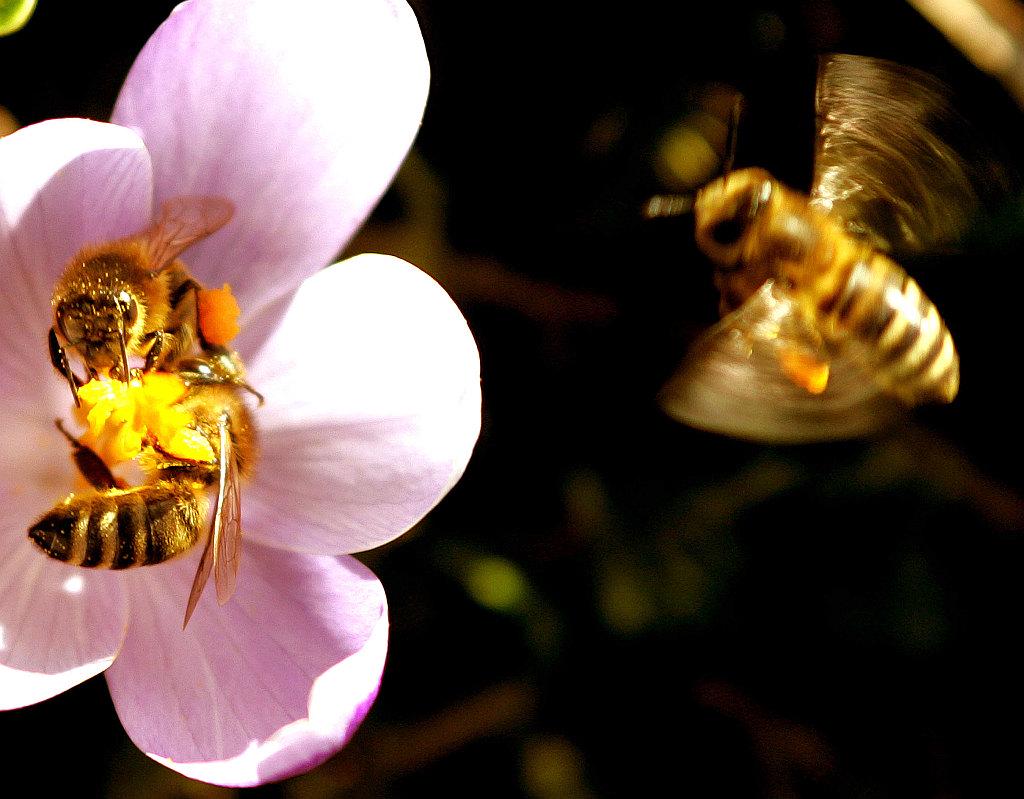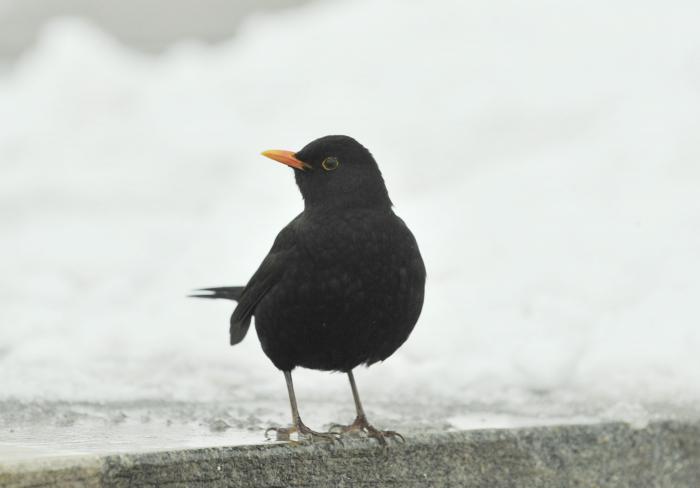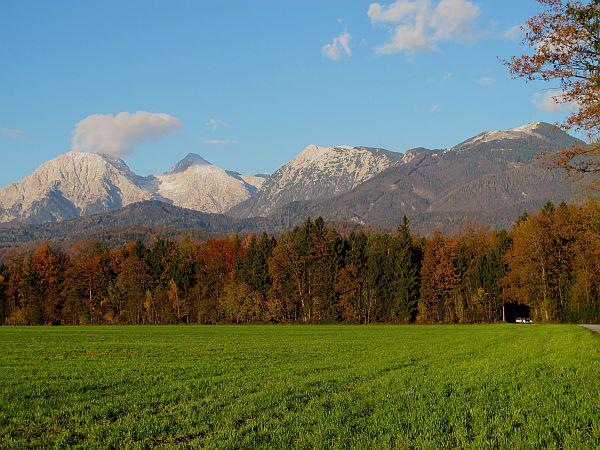


The current winter deviates from the expectations, and from the average values, in all aspects. The air temperature would be more suitable for early spring: in the middle of January the average temperatures are usually rather below zero, sometimes they don't rise above freezing-point. But not this year!
We have been experiencing the above-average warm weather since the late autumn, with the last 10 days of October warmer than the average by 5 to 8 degrees, and up to November 20 thermometers showed 3 to 4 degrees above the many years' average. Also in the last days of December there was a period of very warm weather, when the average decade temperatures of the air exceeded the average of many years by 7 to 8 degrees, and in the first decade of January by 5 to 7 degrees. The days with the temperatures below average were few.
Rosemary is in bloom, hazel trees are already forming catkins, bees are coming out of their hives
The unusual winter temperatures are already influencing the animal and plant kingdom. At the Coast the first rosemary blooms can already been notices, and some other decorative plants have started to bloom as well. In the interior of the country hazel wood is already forming catkins. In a number of sunny areas pollen formation has already started. Bees are already coming out of their hives, which is worrying beekeepers as too much warmth at the wrong time can disturb the stable biorhythm of the bees, says on their web site.
Since autumn the unsuitable conditions for overwintering of winter cereals are only getting worse. The too high temperatures of the air are disturbing the strengthening of the crop, especially when also the night air temperatures remain too high. In such conditions winter crops lose the resistance required for survival during low winter temperatures. Gradual cooling would give them a chance to strengthen again, and redevelop their resistance to cold.
Even if it gets colder and snow falls, crops would still be in danger
A strong and sudden cool spell – which in the middle of winter would not be uncommon, Arso warns – could be fatal for winter cereals. The fluctuation of temperature could be relieved by a blanket of snow, but since there is no snow (and obviously it won't fall during the next ten to fourteen days) the danger of rupture of small roots and damage to root systems is very serious.

































































